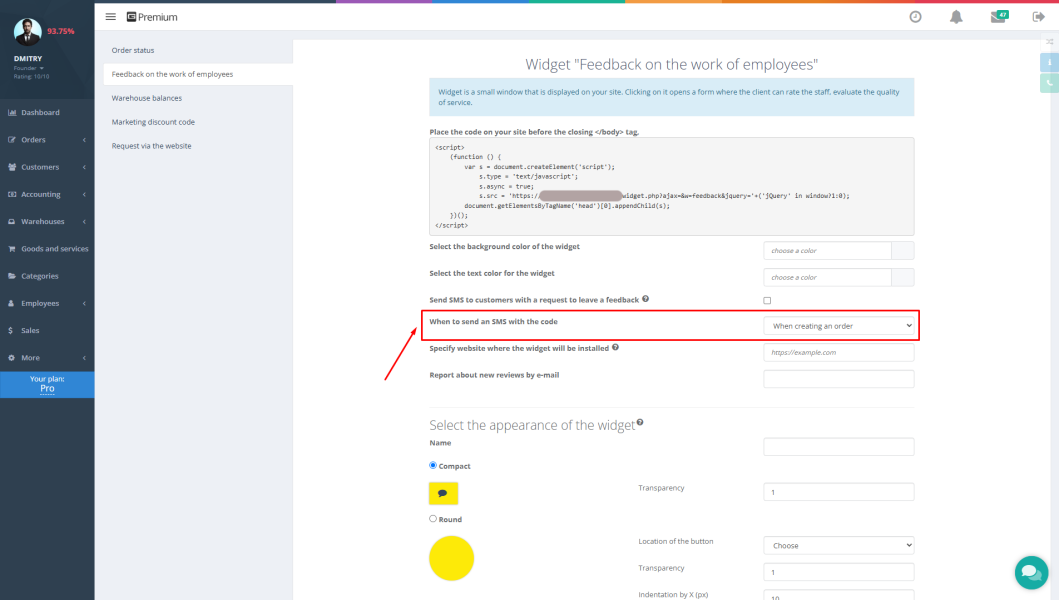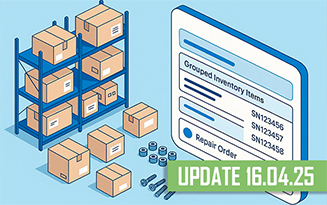To effectively manage employees, even the smallest enterprise should establish its own rules and regulations for work. Work rules protect your business as well as your employees. When implemented correctly, they create a better working environment for everyone within the company.
For small businesses, most provisions may be optional. However, the Labor Code requires your business to have and publish rules for certain issues, such as smoking, drugs, alcohol, and sexual harassment. In areas governed by law, you have no choice but to comply with these rules.
So why should you have working regulations that are not required? It's tempting to think that if rules aren't required by law, there's no reason to mess with them. However, if you are not worried about work norms, chances are that their absence will cause some problems in the future, especially if you have at least a few employees.
Having formal working rules in your business, even if they are not required, is a great idea because they can help protect your business from litigation and also keep the quality of your employees' work. You need to make sure that your employees understand what is expected of them, not only with regard to the work they perform, but also in other areas of your work relationship. If the rules are carefully selected, clearly related to the business, and strictly enforced, they can help you better manage your business and your employees.

Additional working rules to think about
In addition to the necessary rules and regulations, you have the freedom to choose additional regulations to help you better manage your business. For example, most employers can choose a simple set of rules, consisting of a list of generally accepted and prohibited actions, or they can develop their own detailed list of rules for specific behavior. Also, rather than having a long, complex set of rules, small employers are likely to prefer a simple list of rules and guidelines to give employees an idea of what behavior is expected of them.
You should keep the rules as general as possible in order to have maximum flexibility in enforcing them. Work standards should reflect your individualism as a business person and the individuality of your business. You can create a simple one-page or two-page handout that every employee receives upon hiring, covering things like:
- Safety regulations.
- Resolutions on absence and lateness for the workplace.
- How to record hours worked (for example, using a timer or timesheet).
- Lunch break and break rules.
- Overtime policy.
- Dress code or appearance rules.
- Rules concerning the use of or damage to the property of an employer.
- Rules of maintaining the privacy of the employer and customers.

Regarding non-compliance with the rules and foundations of the company: you can explain what consequences and disciplinary actions an employee can face if they break the rules or receive a large number of fines. It is also recommended to include in the work bylaws a general statement that “any employee found to be engaged in such behavior will be subject to disciplinary action, including reprimand, warning or termination”. Be aware that in some cases you may be required to publish or distribute a written statement to employees, but in most cases it is up to you how you communicate your work rules. There are pros and cons to both written and oral communication methods. Be sure to include a disclaimer stating that the list of work rules is not intended to be used as an employment contract.

.png)












